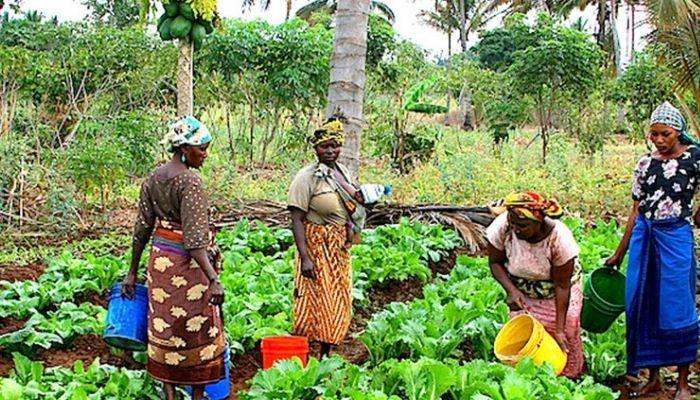The Family Life and Community Health Society (FLACHS), under the Development Research and Projects Centre (dRPC) NGO Support Initiative (NSI), has empowered subsistence women farmers in Rafin-Kwara community with financial management skills.
The training tagged “Basic Money Skills and Sustainable Farming,” aims to promote sustainable agriculture in Karu Local Government Area of Nasarawa State.
Mrs. Ene Ochegbudu, FLACHS NSI Project Director, said the exercise was a continuation of an earlier capacity-building session held in Lokotiye community, where farmers were trained on climate-smart agriculture, agroecology, and pest and disease control.
She explained that the financial literacy component was designed to equip the women with essential money management skills to complement their agricultural knowledge, thereby improving productivity and ensuring sustainable livelihoods.
ALSO READ: TELA maize outperforms local varieties, say farmers
According to her, the training focused on helping the women plan financially before, during, and after each farming season to enhance their income and resilience.
“Financial planning is the first critical step in farming,” Ochegbudu said. “Money is a powerful tool that helps farmers meet their self-esteem, safety, belonging, and physiological needs. When a farmer plans well, the family grows stronger.”
She lamented that many farmers struggle to sustain their activities after each harvest due to poor financial planning, advising participants to cultivate a savings culture.
“Ideally, a farmer should set aside seeds, funds for inputs, tools, and other essentials at the end of each season to cushion challenges in the next,” she said.
“I urge you to plan, save gradually, spend wisely, borrow cautiously, and work together in cooperatives for greater financial strength.”
ALSO READ: Bauchi: 2,710 women farmers to benefit from noiler poultry support
Ochegbudu further advised the women to avoid frivolous spending on social events and to invest in ventures with long-term benefits to reduce dependency on others.
In his remarks, Mr. Joe Dikko, Deputy Director at the Department of Agriculture, Karu LGA, commended FLACHS and dRPC for equipping women farmers with both agricultural and financial knowledge.
Dikko noted that women farmers contribute over 70 percent of food production in the state, yet often face neglect from both government and society.
“With the current inflation and cultural barriers, women farmers need financial knowledge and skills more than ever,” he said. “When you empower a woman, you empower the family and the nation. This training will help them make informed decisions, save effectively, and invest wisely in their farms.”
Similarly, Ms. Mercy Nnaji, a representative of dRPC, commended the women for their commitment to food production and assured that the organization would continue to support women farmers for improved livelihoods and income.
Speaking on behalf of the participants, Mrs. Christy Ishiaku expressed gratitude to the organizers for the impactful initiative.
She noted that the provision of improved cowpea seedlings by the organization earlier had already eased their financial burden, and the financial literacy skills have further strengthened their ability to plan for future farming seasons.
“Before now, I used to sell all my farm produce and spend the money without thinking of the next season,” she said. “But with this training, I’ve learned to save for the rainy day.”
Also speaking, Mr. Wazili Auta, a community leader, appreciated dRPC for the intervention, saying it would boost agricultural productivity and food security in the area.
The community head of Rafin-Kwara, Mr. Ali Isah, represented by his son, Husaini Isah, also lauded the initiative and appealed for its sustenance.
According to him, most women in the community are farmers, and their livelihoods depend solely on agriculture.


